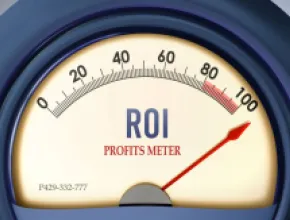Three years have passed since the global economic downturn pushed the meetings industry on its back.
Industry veterans and analysts say the 2009 fall happened largely because the industry didn’t have information about the value of meetings, with which it could counter criticism from politicians, pundits and business leaders. Meetings became easy targets for budget cuts and cancellations. Planners lost their jobs and hotels went bankrupt.
Today, while some planners and their corporations are still grappling with uncertainty over the value of meetings, others have become more proactive and are measuring return on investment. They have stepped up to the challenge of convincing executives, managers and attendees that their meetings have proveable value. Proactive planners say they’ve gotten personal benefits from measuring ROI, including fewer budget hassles and cuts, ease of planning and even boosts to their careers as they appear to be more strategic.
Planners As Measurement Advocates
“Measuring meetings has changed a lot,” says Betsy Bondurant, CMM, CMP, founder of Bondurant Consulting and the former director of meeting planning and trade shows for Amgen, a major biotech company.
“We used to call it meetings satisfaction, and we just asked attendees how they liked such things as the destination and hotel,” Bondurant says. “But C-level people have begun to ask for more information. They want data, because people listen to data. People won’t change their computer systems or their copiers unless they are given good reason—cast in analytical research. We just haven’t seen this discipline inside the meetings industry, until recently.”
A company doesn’t need to measure every meeting, Bondurant says. But perhaps a firm should identify its largest external meeting, the most expensive one, or those it’s done repeatedly to see if they need to be done differently—or at all.
“Savvy planners need to advocate for measurement,” Bondurant says. “Perhaps my internal meetings client needs to get a budget approved. For that, they need hard data.”
Ruth A. Hill is a frequent contributor to Meetings Focus South.





